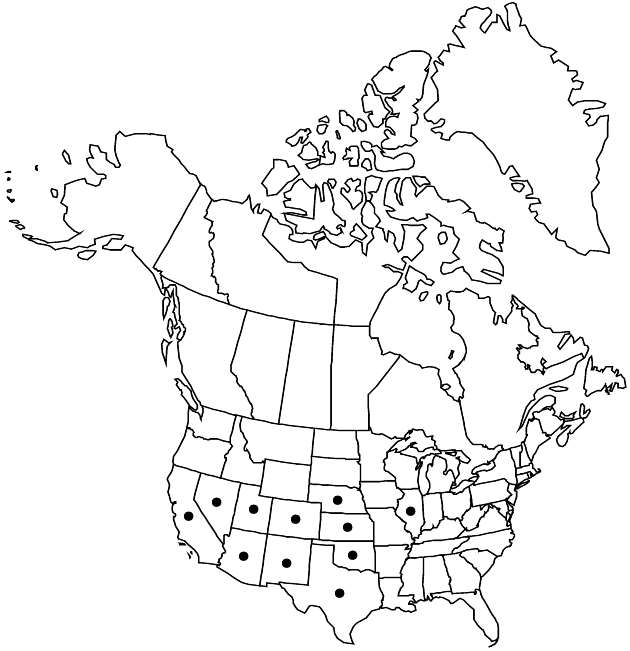Difference between revisions of "Helianthus ciliaris"
in A. P. de Candolle and A. L. P. P. de Candolle, Prodr. 5: 587. 1836.
imported>Volume Importer |
imported>Volume Importer |
||
| Line 1: | Line 1: | ||
{{Treatment/ID | {{Treatment/ID | ||
|accepted_name=Helianthus ciliaris | |accepted_name=Helianthus ciliaris | ||
| − | |accepted_authority= | + | |accepted_authority=de Candolle |
|publications={{Treatment/Publication | |publications={{Treatment/Publication | ||
|title=in A. P. de Candolle and A. L. P. P. de Candolle, Prodr. | |title=in A. P. de Candolle and A. L. P. P. de Candolle, Prodr. | ||
| Line 33: | Line 33: | ||
-->{{#Taxon: | -->{{#Taxon: | ||
name=Helianthus ciliaris | name=Helianthus ciliaris | ||
| − | |authority= | + | |authority=de Candolle |
|rank=species | |rank=species | ||
|parent rank=genus | |parent rank=genus | ||
| Line 47: | Line 47: | ||
|publication year=1836 | |publication year=1836 | ||
|special status= | |special status= | ||
| − | |source xml=https:// | + | |source xml=https://bitbucket.org/aafc-mbb/fna-data-curation/src/2e0870ddd59836b60bcf96646a41e87ea5a5943a/coarse_grained_fna_xml/V19-20-21/V21_412.xml |
|tribe=Asteraceae tribe Heliantheae | |tribe=Asteraceae tribe Heliantheae | ||
|subtribe=Asteraceae (tribe Heliantheae) subtribe Helianthinae | |subtribe=Asteraceae (tribe Heliantheae) subtribe Helianthinae | ||
Latest revision as of 21:12, 5 November 2020
Perennials, 40–70 cm (rhizomatous or with creeping roots, often forming extensive colonies). Stems decumbent to ± erect, glabrous or glabrate (glaucous). Leaves cauline; mostly opposite; sessile; blades (often bluish green, 1- or 3-nerved) linear to lanceolate, 3–7.5 × 0.5–2.2 cm, bases ± cuneate, margins entire or serrate (usually ciliate and undulate), faces glabrous or glabrate to hispid. Heads 1–5. Peduncles (1–)3–13 cm. Involucres hemispheric, 12–25 mm diam. Phyllaries 16–19, ovate to lance-ovate, 3–8 × 2–3.5 mm, (margins ciliate) apices obtuse to acute, abaxial faces glabrate to ± strigose, not gland-dotted. Paleae 7–7.5 mm, subentire to 3-toothed (apices obtuse to acute, hairy, gland-dotted). Ray florets 10–18; laminae 8–9 mm. Disc florets 35+; corollas 4–6 mm, lobes reddish; anthers brownish red, appendages brownish red (style branches yellow). Cypselae 3–3.5 mm, glabrous; pappi of 2 aristate scales 1.2–1.5 mm. 2n = 68, 102.
Phenology: Flowering summer–fall.
Habitat: Roadsides, ditches, cultivated fields, open drainage areas
Elevation: 10–2600 m
Distribution

Ariz., Calif., Colo., Ill., Kans., Nebr., Nev., N.Mex., Okla., Tex., Utah, Mexico (Chihuahua, Coahuila, Durango, San Luis Potosí, Sonora, Tamaulipas).
Discussion
Helianthus ciliaris is considered a noxious weed in some states. It can propagate vegetatively from detached pieces of rhizome and spread aggressively, especially in cultivated fields. It has been noted to occur in Idaho and Washington, where control measures have been taken to eliminate it.
Selected References
None.